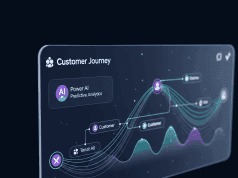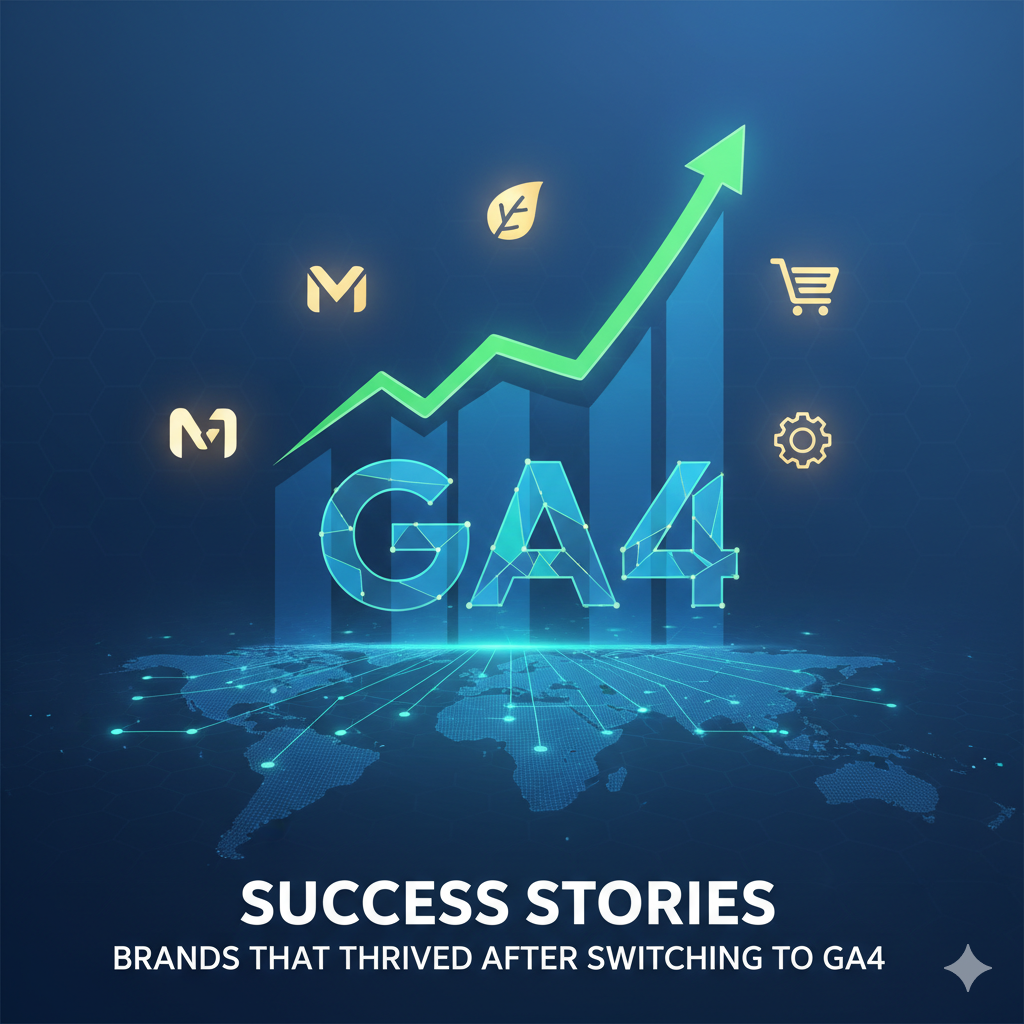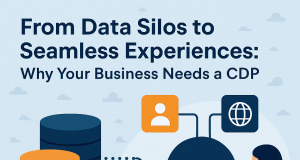In the bustling world of marketing, the emergence of artificial intelligence (AI) is not just a trend—it’s a fundamental shift transforming the landscape of customer engagement. As brands strive to create meaningful interactions with their audiences, AI is stepping in as a powerful ally, reshaping how businesses connect, communicate, and understand their customers.
Understanding AI’s Role in Marketing
Artificial intelligence encompasses a variety of technologies designed to simulate human intelligence. In marketing, this includes machine learning, natural language processing, and predictive analytics, all aimed at enhancing customer engagement. Here’s a look at how AI is making waves in this sector:
1. Personalized Experiences
One of the most significant advantages AI brings to marketing is the ability to deliver personalized experiences. Algorithms analyze vast amounts of data from customer interactions—such as browsing habits, purchase history, and even social media activity—to craft personalized recommendations and content. Brands like Amazon and Netflix have successfully leveraged AI to suggest products or shows based on past behavior, resulting in increased customer satisfaction and loyalty.
2. Conversational Marketing
Chatbots, powered by AI, are at the forefront of conversational marketing. These virtual assistants can handle a variety of customer queries in real time, providing support and information 24/7. This not only enhances user experience but also streamlines operations for businesses. By utilizing natural language processing, chatbots can engage in human-like conversations, making interactions more pleasant and efficient.
3. Enhanced Customer Insights
AI-driven analytics tools can sift through massive datasets to identify trends and patterns that may not be immediately apparent. This capability allows marketers to gain deeper insights into customer behavior and preferences. By understanding their audience better, businesses can create more targeted and effective marketing strategies, optimizing campaigns for higher engagement and conversion rates.
4. Predictive Analytics
Predictive analytics is a game changer, allowing marketers to anticipate customer needs before they even emerge. Using historical data, AI can forecast future buying behaviors, enabling companies to adjust their strategies proactively. This capability enhances inventory management, improves customer service, and tailors marketing messages to fit anticipated demand.
5. Content Creation
AI is also making strides in content creation. Tools powered by AI can generate written content, design visuals, and even automate social media posts. For instance, platforms like Jasper and Copy.ai can help marketers draft engaging content quickly, freeing up human resources for more strategic and creative tasks. This not only optimizes workflow but also ensures that businesses can maintain a consistent online presence.
6. Real-Time Engagement
With the help of AI, brands can engage with customers in real time. This instantaneous responsiveness is crucial in a fast-paced digital environment. Brands can monitor social media conversations, website visits, and online activity to engage with customers at just the right moment, making interactions feel timely and relevant.
The Challenges Ahead
Despite the transformative potential of AI in marketing, there are challenges to navigate. Data privacy concerns are paramount; with increasing scrutiny over how customer data is collected and used, brands must ensure compliance with regulations like GDPR. Furthermore, over-reliance on AI could lead to a lack of genuine human interaction, potentially alienating customers who value personal connection.
The Road Ahead
As technology advances, the intersection of AI and marketing will continue to evolve. Brands that successfully harness AI will enjoy competitive advantages, offering unparalleled customer experiences that foster loyalty and drive growth. However, the key will lie in balancing AI-driven efficiency with authentic human touch—ensuring that while machines enhance engagement, the heart of marketing remains resolutely human.
In conclusion, the future of marketing is undeniably interwoven with AI. As businesses navigate this new frontier, those that emphasize innovative technology without losing sight of their customer’s needs will emerge as leaders in the industry. AI is not just revolutionizing customer engagement; it’s reshaping the very fabric of how we think about and execute marketing strategies in the digital age.








